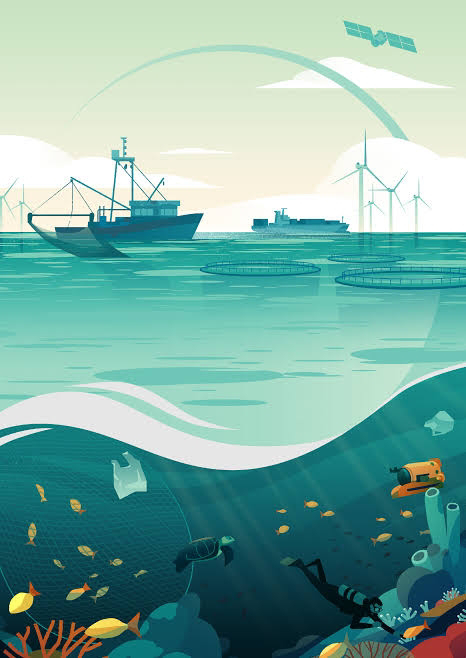AFRICA: A BEACON OF HOPE AND INNOVATION IN THE FIGHT AGAINST CLIMATE CHANGE

Abdulquadir Iyanda Jimoh Africa, with its vast and diverse landscapes, is emerging as a crucial force in combating climate change and leading the charge toward a sustainable future. Blessed with an abundance of renewable energy potential, this vibrant continent is set to play a pivotal role in driving global climate solutions and paving the way for a greener and more resilient planet. From the sun-drenched plains of the Sahara to the powerful currents of the Atlantic Ocean, Africa possesses an unparalleled wealth of renewable energy resources. Solar power, in particular, holds immense promise in a region where sunlight is plentiful year-round. Countries like Morocco and South Africa have already set ambitious targets for solar energy production, capitalizing on their natural advantage to provide clean power to their rapidly growing populations. These initiatives not only reduce reliance on fossil fuels but also boost economic growth and create employment opportunities. The ...









